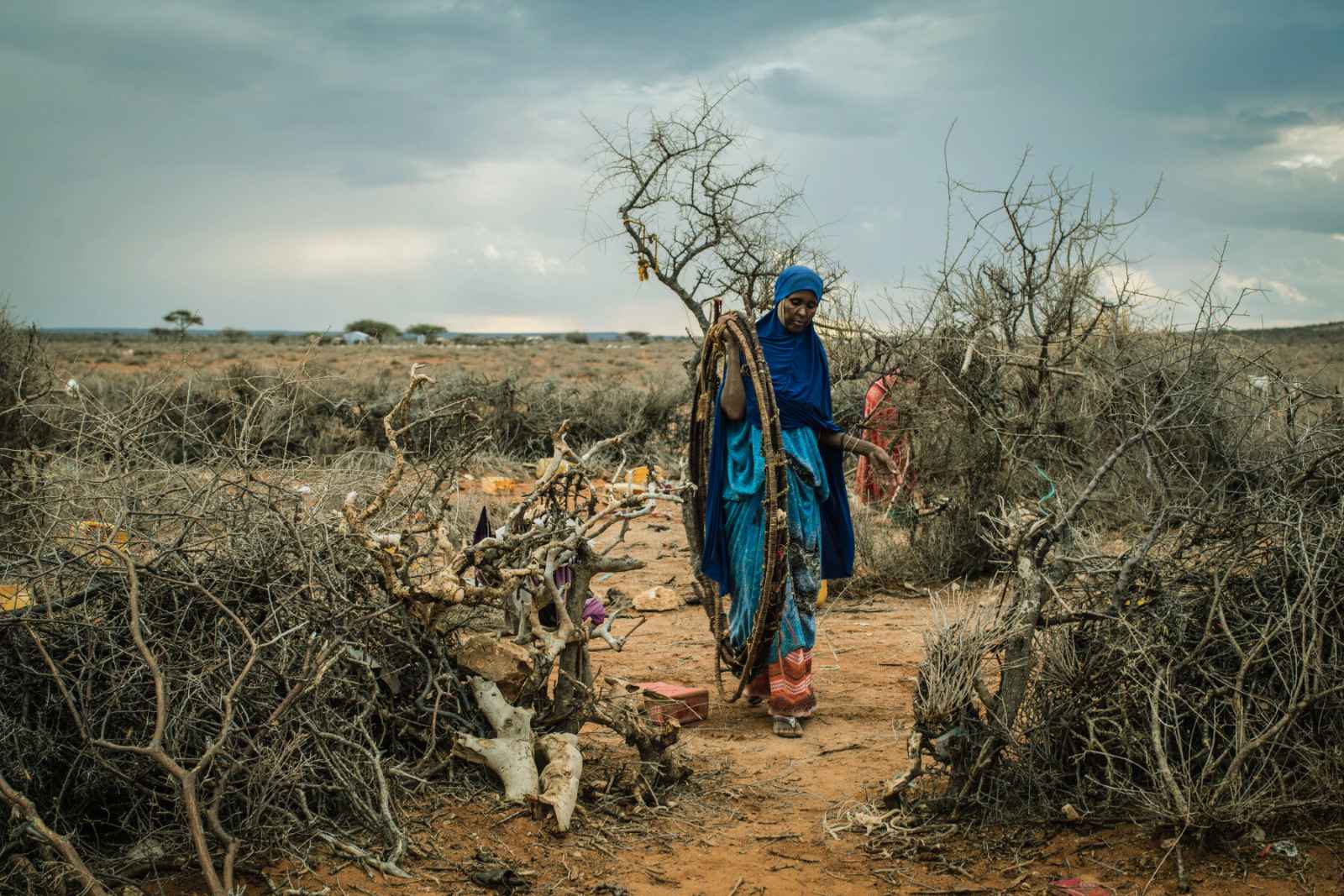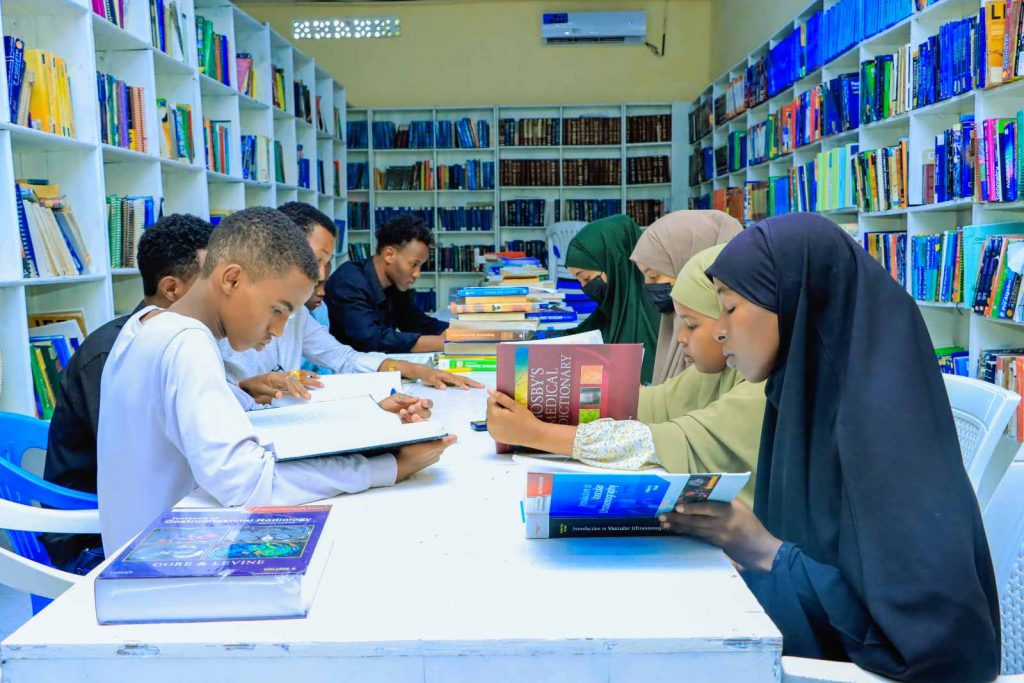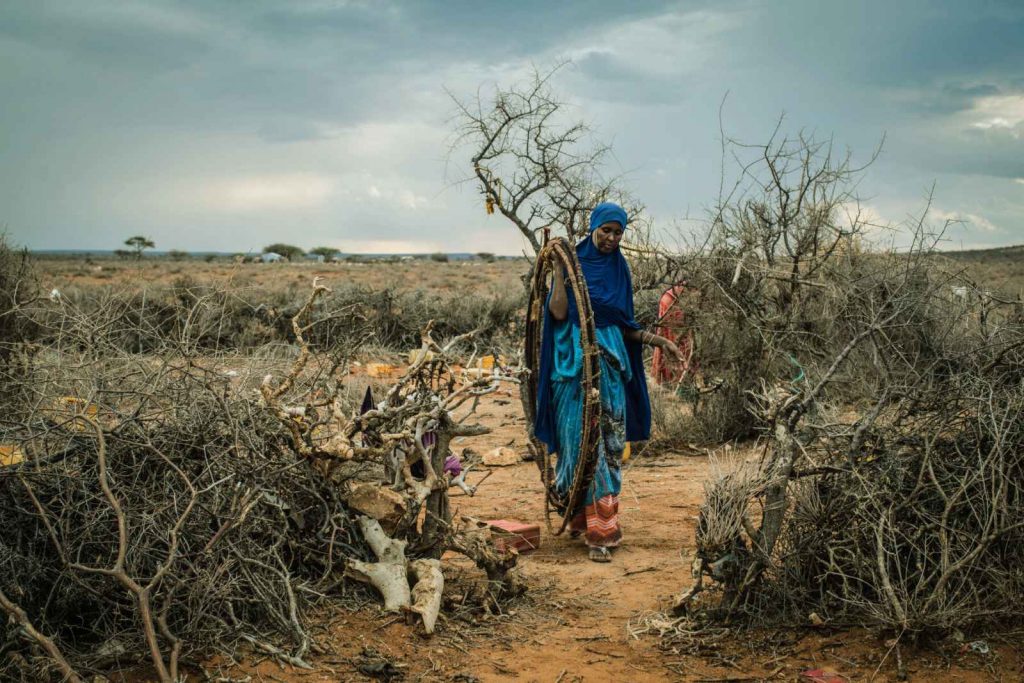
Somalia, located in the Horn of Africa, is a nation beleaguered by conflict, political instability, economic hardship, and now, the mounting threats of climate change. Despite these pressing challenges, Somalia often finds itself on the periphery of global climate change initiatives. Adding to the country’s woes is the issue of deforestation driven by illegal charcoal production, a factor that significantly exacerbates the impact of climate change. This in-depth exploration seeks to shed light on why Somalia is overlooked in climate change projects, the paradox of its carbon footprint, and the environmental and societal impacts of climate change in the region.
The Peculiar Paradox of Somalia’s Carbon Footprint
Somalia, despite bearing the brunt of climate change impacts, contributes insignificantly to global carbon emissions. Its industrial activities are minimal, and consumption levels are low, making its carbon footprint one of the smallest worldwide. Yet, the effects of climate change have not spared the country, underlining a grave global inequity: those least responsible for climate change often face its harshest consequences.
Deforestation and the Illegal Charcoal Trade
Somalia’s environment is further degraded by extensive deforestation, largely fuelled by the illegal charcoal trade. This industry, controlled by armed groups and facilitated by a lack of effective environmental regulations, is causing alarming levels of deforestation. Forests, crucial for sequestering carbon dioxide, maintaining local water cycles, and preventing soil erosion, are being decimated to meet both domestic and international demands for charcoal.
Deforestation in Somalia not only amplifies the impact of climate change but also creates an adverse cycle. The reduction in forest cover contributes to the increase in atmospheric carbon dioxide levels, exacerbating global warming. Moreover, the loss of forests worsens local drought conditions, threatens biodiversity, and leads to desertification, leaving the population even more vulnerable to the impacts of climate change.
Understanding Somalia’s Neglect in Climate Projects
Why, despite the dire situation, is Somalia often overlooked in global climate initiatives? Three primary factors are responsible: ongoing conflict, lack of institutional structures, and a disproportionate focus on immediate humanitarian needs.
Addressing the Neglect
Ensuring an equitable and sustainable response to climate change requires an acute understanding of Somalia’s unique predicament. International climate policies must be inclusive and consider the specific needs of countries like Somalia. This can be achieved by increasing funding for climate initiatives in high-risk regions, strengthening institutional capacities, and employing locally sensitive, conflict-aware strategies to build resilience.
Equally important is the need to combat deforestation and the illegal charcoal trade in Somalia. International cooperation, stricter enforcement of environmental laws, and sustainable livelihood alternatives for those involved in the charcoal industry are crucial steps in this direction.
Despite Somalia’s minimal contribution to global emissions, it is disproportionately affected by climate change. Its exclusion from climate change projects represents a collective failure to acknowledge our shared responsibility in addressing climate change. The time to rectify this omission and take concerted, inclusive action is now.



